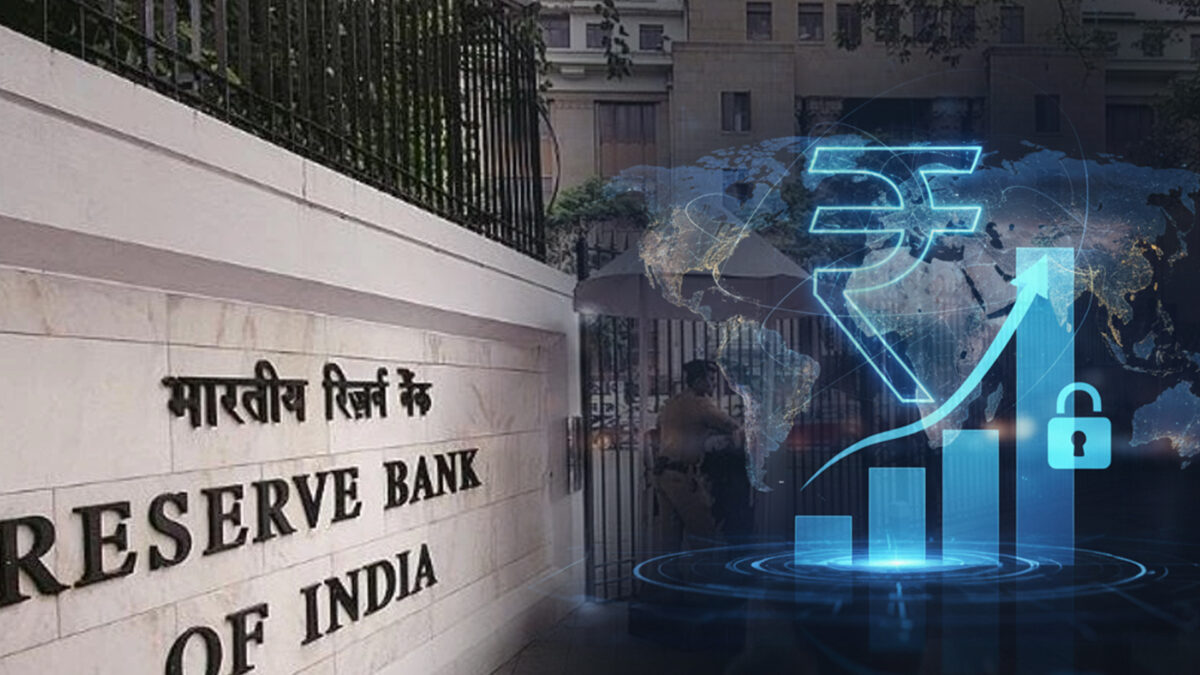The Reserve Bank of India (RBI) has released draft regulations aimed at liberalizing the framework for External Commercial Borrowings (ECBs), marking a significant shift in the country’s approach to foreign capital inflows. The proposed changes are designed to enhance funding access for Indian companies, particularly in capital-intensive sectors, by aligning borrowing limits with financial strength and removing fixed interest rate caps.
Under the new proposal, companies would be permitted to raise ECBs up to the higher of $1 billion or 300% of their net worth, based on the latest audited balance sheet. This replaces the previous uniform cap of $750 million per financial year under the automatic route, which required specific approval for larger sums. Financial sector firms regulated by the RBI, Securities and Exchange Board of India (SEBI), Insurance Regulatory and Development Authority of India (IRDAI), or Pension Fund Regulatory and Development Authority (PFRDA) would not be subject to any borrowing limits under the proposed framework.
The draft regulations also suggest eliminating the all-in-cost ceiling, allowing ECBs to be raised at market-determined interest rates. However, for borrowings with a maturity of less than three years, costs would be capped in line with those applicable for trade credit. The Minimum Average Maturity Period (MAMP) requirement is proposed to be standardized at three years, with certain exceptions for specific sectors.
All India-incorporated entities, including those under financial restructuring or investigation, would be allowed to raise ECBs, subject to certain conditions. Companies undergoing restructuring would need approval under a resolution plan, while those under investigation must provide sufficient disclosures.
The RBI also aims to simplify end-use restrictions and reporting requirements to ease compliance burdens. ECB proceeds would be allowed for funding acquisitions, on-lending by regulated lenders, and investments in primary market instruments issued by non-financial entities, among other uses.
The central bank has invited public feedback on the draft regulations until October 24, 2025, before finalizing the framework. If implemented, these changes are expected to facilitate easier access to foreign capital for Indian companies, potentially reducing their reliance on domestic borrowing and enhancing their ability to finance growth and expansion initiatives.
Also Read: US Senators Press TCS Over H-1B Hiring Amid Layoff Allegations
